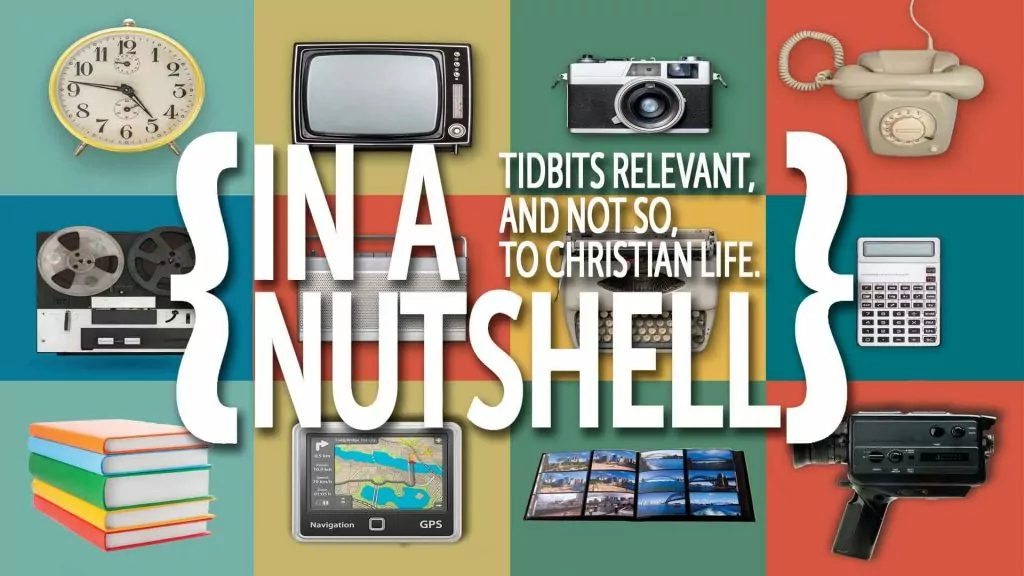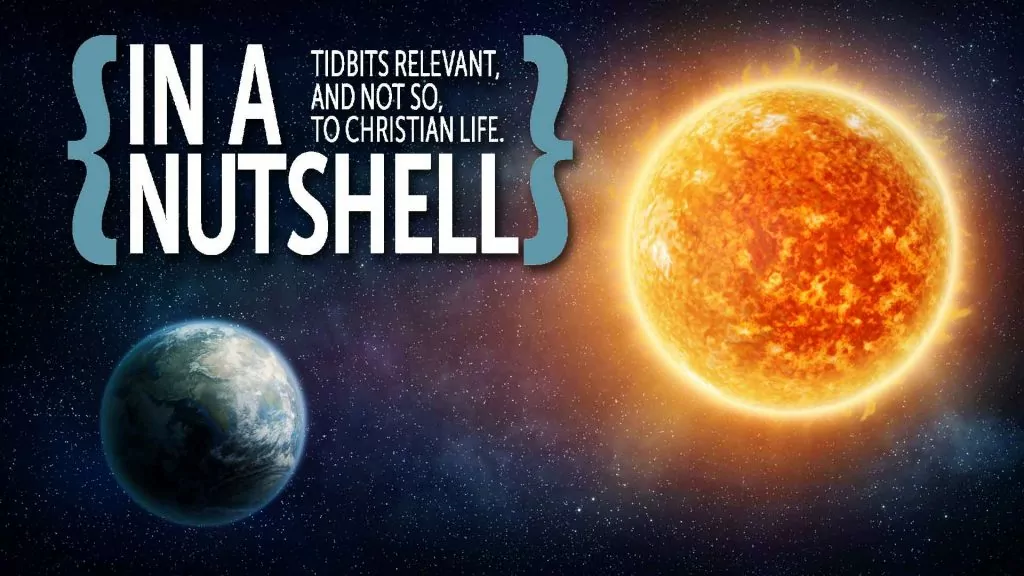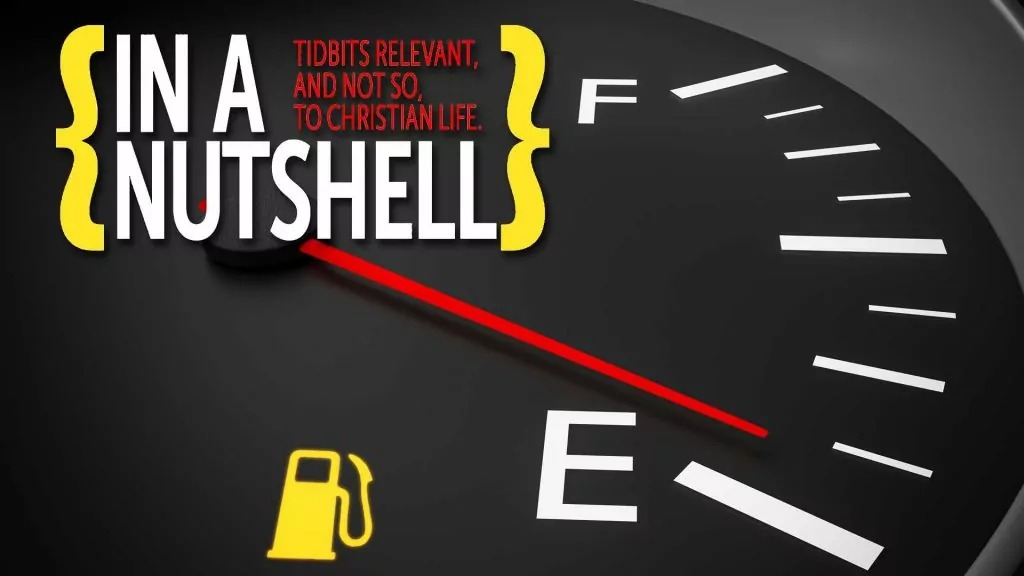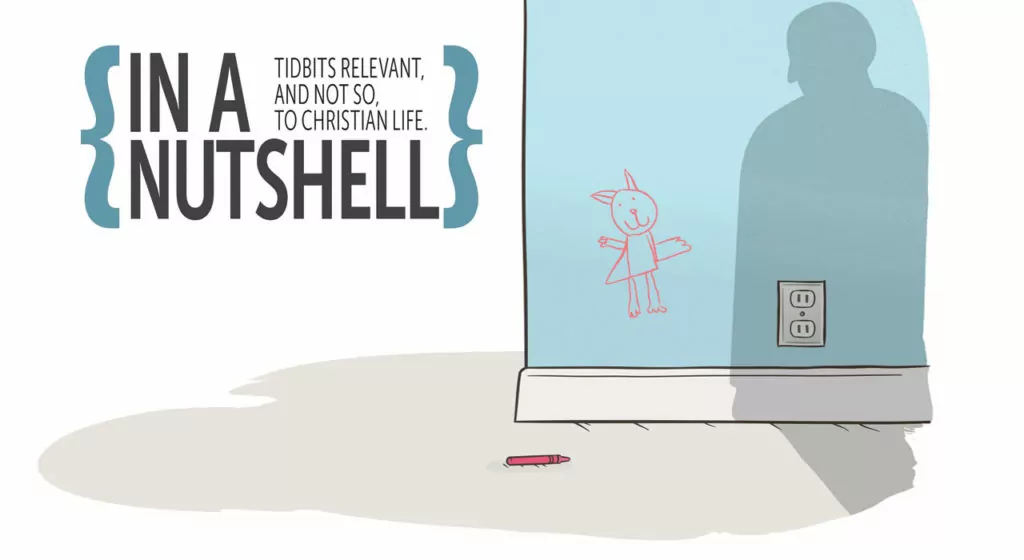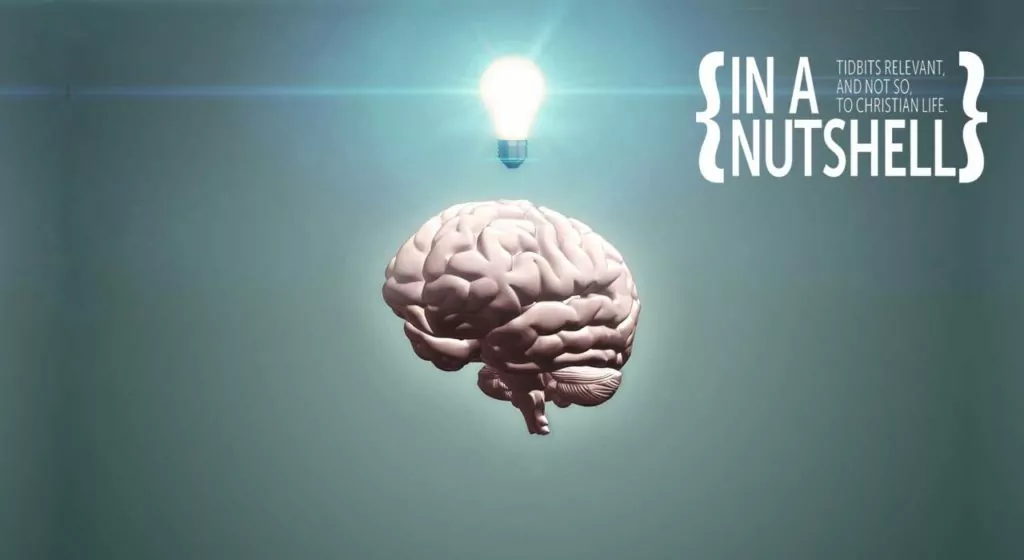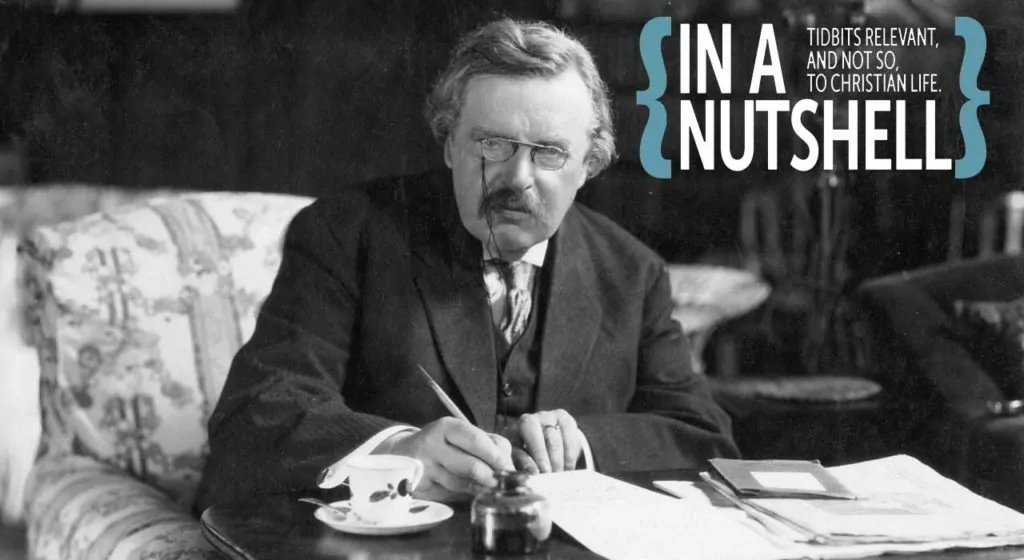
In a Nutshell
Tidbits – May 2021
Walter Williams on his income inequality with Michael Jordan
Does the tenth commandment still apply if our neighbor is Bill Gates, Jeff Bezos, or Michael Jordan? Then why are concerns about income equality (rather than poverty) now treated as downright virtuous, and a matter of justice? In the quote below Walter Williams doesn’t argue coveting is still a sin, but he does make the case that concerns about income inequality are arrogant, belittling the freely-made decisions made by millions who happily gave money to Gates, Bezos, and Jordan for what they were offering in exchange.
“Why is it that Michael Jordan earns $33 million a year and I don’t even earn one-half of one percent of that? …my problem is with my fellow man, who’d plunk down $200 to see Jordan play and wouldn’t pay a dollar to see me play.… The bottom line explanation of Michael Jordan’s income relative to mine lies in his capacity to please his fellow man. The person who takes exception to Jordan’s salary or sees him…as making ‘little contribution to society’ is really disagreeing with decisions made by millions upon millions of independent decision-makers who decided to fork over their money to see Jordan play.”
Is it okay for me to do “x” on Sunday?
“When Christians ask: ‘Is it ok for me do X on Sundays?’ the first response should normally not be ‘yes’ or ‘no’ but ‘Why would you be doing it?’ The most common answer to that question is probably ‘Because I don’t have time for it in the rest of the week.’ This highlights the importance of understanding the whole of the fourth commandment. The problem here is not how we spend Sunday; it is how we are using Monday to Saturday. We are living the week the wrong way around, as if there had been no resurrection! Use Sunday as a day of rest, worship, fellowship first and we will almost inevitably begin to discipline our use of time in the other six days of the week. Grasp this and the Sabbath principle becomes one of the simplest and most helpful of all God’s gifts. The burden-free day at the beginning of the week both regulates the days that follow and refreshes us for them. “(p.266)
– Sinclair Ferguson, in Devoted to God (h/t to Wes Bredenhof)
We have to keep telling our kids...
The folks at MamaBearApologetics.com recently put their own spin on the popular “7 things every child needs to hear” meme that’s made it’s way around the Internet”
- I love you
- I’m proud of you
- I’m sorry
- I forgive you
- I’m listening
- Communism has failed everywhere it has been tried
- You’ve got what it takes
Life crafted by chance? They can’t do it on purpose
“Assemble the dream team you want and build a cell…. You assemble the teams of biologists, chemists, origin of life researchers, YouTubers, however many people you want on that team. And you give them all the RNA, DNA, and proteins that they want, the enzymes that they want, and you give them the lipids that they want, and say ‘Go ahead make a cell.’ Because somehow on an early Earth this happened under a rock in a little pool somewhere. Why can't you do it in your laboratory? They can't. ….But we're supposed to believe that somewhere in some hydrothermal vent or underpool all of this came together? Come on!”
– Biologist James Tour, in his lecture "The Origin of Life has not been explained"
Apply the Golden Rule to lockdowns?
Back when shutting down the economy was still unprecedented, doing it was quite something. But now that we've lived through more than a year of such lockdowns, off and on, there's good reason to worry that this will no longer be viewed as "nuclear option" and that it will be invoked ever more readily.
So how can we again make it a measure of last resort? The Golden Rule, (Luke 19:18) to "do unto others as you would have them do unto you," should serve as inspiration for legislation we can push for, that would only allow politicians to shut down the economy (or any portions thereof) for as long as they themselves are willing to go without a paycheck.
On one-issue candidates
“Never voting for a pro-abortion candidate makes you a one-issue voter, as never marrying a serial killer makes you a one-issue fiancé.”
– John Piper
We can’t count on any biblical literacy
It used to be that even unbelievers knew a little bit about the Bible but that has changed! A friend, known in her workplace to be a Christian, had a co-worker ask her about a text her church had put up on their front lawn sign. The coworker just didn't get it: “I don’t mean to be rude or anything, but that message your church put up, well, it just kind of seems racist. Why did you guys post that?”
What was the message? The church had posted Psalm 51:7b:
“Wash me, and I will be whiter than snow.”
The phrase, “whiter than snow” caught the co-worker’s attention. In a world where the phrase “it was a matter of black and white” is being banned from some government departments due to its perceived racial insensitivity, it's important to understand how even the Bible’s least offensive parts can be misconstrued and seen as offensive.
My friend was able to clarify things with her coworker. But what about all those who read this and didn't have a friend to explain it? Is that a reason not to post such verses? Or is it a reason to go out into the community to be there for those who have questions and need answers?
Calvinism, Arminianism, and splitting the difference
“Some try to split the difference between Arminianism and Calvinism. They say something like, 'I want to be 75% Calvinist and 25% Arminian. If they mean that literally, then they are 100% Arminian since giving any determinative place to human will is Arminian. Usually they mean that they want to stress the grace of God and human responsibility. If that is what they mean, then they can be 100% Calvinist for Calvinism does teach both that God's grace is entirely the cause of salvation and that man is responsible before God to hear and heed the call to repentance and faith.”
– W. Robert Godfrey
God’s sense of humor
In Roland Bainton's The Reformation of the Sixteenth Century he shares the amusing story of how William Tyndale found someone to fund his translation work.
A curious tale is related of how he contrived to turn the devices of his foes to advantage. The Archbishop of Canterbury was buying up his translations for burning and commissioned a certain Packington to scour the continent for more. The man went straight to Tyndale himself and informed him that he had discovered a merchant who would clean out his stock.
"Who is this merchant?” said Tyndale.
"The bishop of London,” said Packington.
"Oh, that is because he will burn them,” said Tyndale.
"Yea, marry,” quoth Packington.
"I am the gladder,” said Tyndale, “for these two benefits will come of it: I shall get money from him for these books and bring myself out of debt, and the whole world shall cry out on the burning of God’s Word, and the overplus of the money shall make me more studious to correct the said New Testament, and so newly to imprint the same once again; and I trust the second will much better like you that ever did the first.”
And the account concludes: “And so forward went the bargain: the bishop had the books, Packington had the thanks, and Tyndale had the money."
(h/t to Joel McDurmon)







